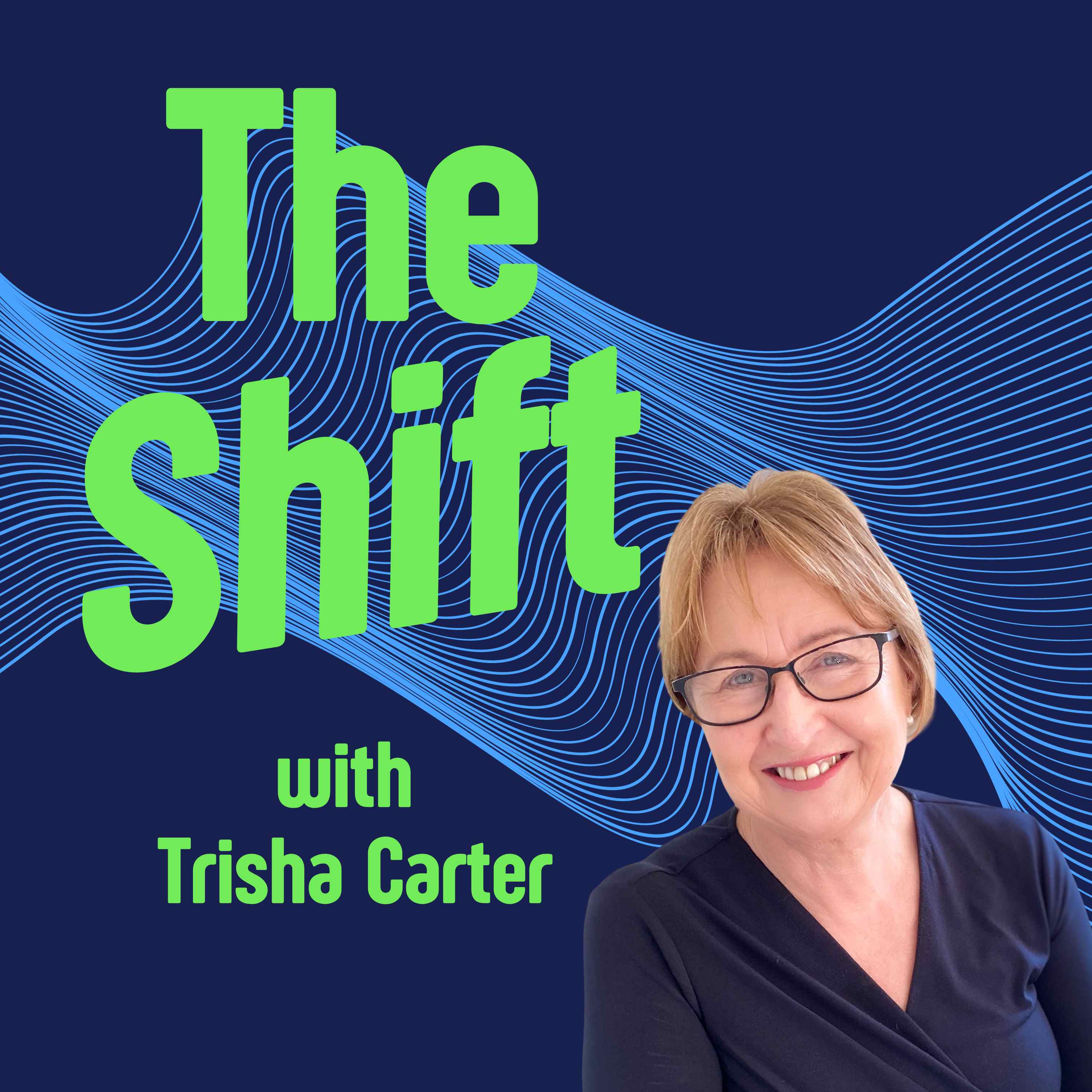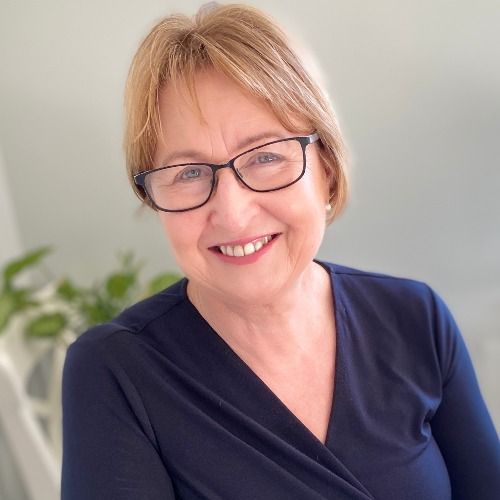Episode 34
Reflections on Confidence and Cultural Intelligence
This week, Trisha reflects on the role of confidence in Cultural Intelligence and the potential impact of the Dunning Kruger effect which she was thinking about after listening to Katy Milkman’s latest podcast. She discusses Culture Shock from the perspective of the conscious competence learning model and recommends expatriates in a new location give themselves a learning buffer. Please reach out to Trisha with recommendations for researchers to interview for Series 2 - and she would love to connect on LinkedIn.
Transcript
I would like to acknowledge the Dharawal people, the Aboriginal people of Australia, whose country I live and work on. I would like to pay my respects to their elders, past, present, and emerging, and thank them for sharing their cultural knowledge and awareness with us.
[:[00:01:02] Trisha: As those of you who have listened to some of our earlier episodes will know, cultural intelligence, CQ, the capability to be effective in situations of diversity, is made up of four areas. There's the motivational, CQ drive, the cognitive, CQ knowledge, the metacognitive, CQ strategy, and behavioral, the CQ action.
[:[00:01:46] Trisha: It's a question. How does confidence in one's own ability show up in the area of cultural intelligence? Well, if you are a CQ facilitator or are familiar with the model, your mind has probably jumped already to the CQ drive aspect, where there's a subcategory which is self efficacy. And self efficacy, sometimes people would say, is just a fancy way for psychologists to speak about confidence.
[:[00:02:33] Trisha: You may know people who do just that. They keep away from people who are from a different cultural or linguistic background to themselves, or people who are different in some other way. And it may be because of that lack of confidence. Don't worry, there are ways that we can work with people to increase that sub capability and to increase that confidence.
[:[00:02:58] Trisha: I was listening to a podcast by Katie Milkman, I'll put the link in the show notes, and she interviewed David Dunning, Now, some of you will know what I'm heading to. He's one of the researchers behind the Dunning Kruger effect. And what is that effect? It's the observation that those who don't have expertise in something don't have the expertise to recognize that they don't have the expertise.
[:[00:03:45] Trisha: If you're less skilled, you may not recognize that you are less skilled. This is almost like the metacognition of learning and development. As David Dunning said in Katie's podcast, people who are unskilled come to erroneous self judgements. and are overconfident about themselves because they don't have the skill necessary to judge themselves.
[:[00:04:33] Trisha: But, given that caveat, this graph has an initial high point when people first arrive in a new country. Sometimes it's termed the honeymoon effect. And that high point reflects our sense of enjoyment. of emotional well being, of capability.
[:[00:05:15] Trisha: The first point, the high, I label as unconscious incompetence. That's when we don't know what we don't know. And if we're experiencing a wonderful environment and we don't know that we're incompetent in it, we will feel good. We may not know. The CQ knowledge that we need. We don't know that our CQ strategy is low and we don't know that our CQ actions are inappropriate in this culture.
[:[00:06:09] Trisha: So they move to conscious competence when they're thinking about their actions, remember when you were first learning to drive a car, and then eventually they move to unconscious competence. Where they don't need to consciously think through each step and they're operating well.
[:[00:06:50] Trisha: So if you're trying to learn a new skill, for example she used tiling the bathroom, allow more time to get that tiling done than you think it will take. A while ago I did a survey with expats that I'd been working with and asked them about the first 90 days in their new roles and the consistent response.
[:[00:07:30] Trisha: They'd all had the benefit of a cultural intelligence assessment and training in how to increase that. Sometimes I have worked with experienced people who have overestimated how experience in one culture will transfer to another. Sometimes it may, but sometimes the cultural values might be very different or some aspect of the business system may be very different and they need to learn new ways and new skills.
[:[00:08:19] Trisha: If you have any suggestions for great researchers to interview, please drop me a line on LinkedIn or by my email, trisha at cicollective. com, which I will put in the show notes. So if you haven't done so already, please push that follow or subscribe button so that you can join us again next week for another exciting episode of The Shift.

